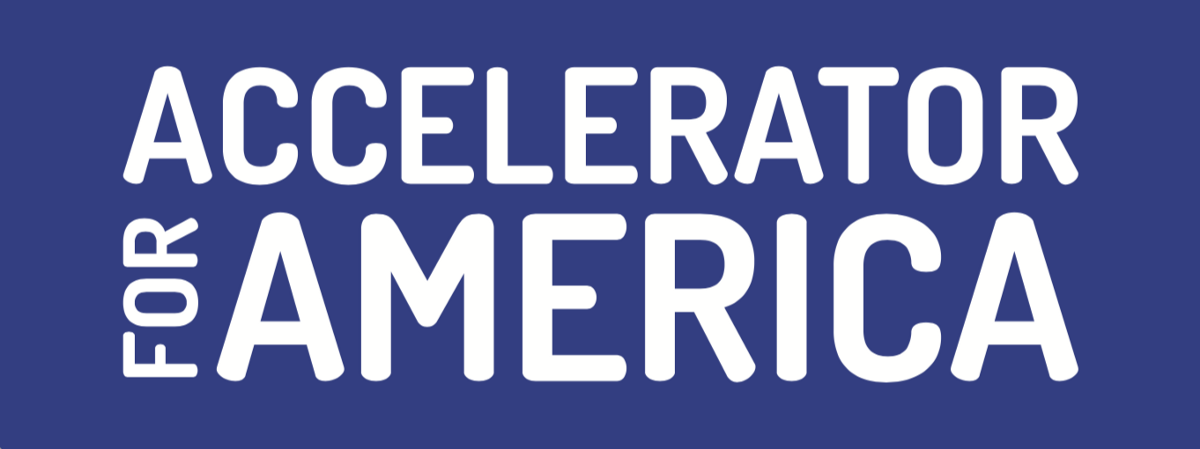Reflecting on the Mastercard Global Inclusive Growth Summit
I’m on a plane to Dayton, Ohio right now for an investor summit that Accelerator for America is co-hosting with Mayor Nan Whaley. As I look forward to arriving in the Gem City, I wanted to share with you some reflections on my time last week at the Aspen Institute and Mastercard’s Global Inclusive Growth Summit in Washington, DC. I attended the summit with the Accelerator’s Director of Economic Development, Aaron Thomas.
I’ve attended (and avoided) my fair share of conferences in my career; this was not to be missed, and was one of the most impactful, informative and action-oriented events I’ve had the pleasure in which to participate in many, many years. (My all time favorite remains the first meeting of the International Foundation for the Survival and Development of Humanity, held in St. George’s Hall in the Moscow Kremlin, with new General Secretary Mikahil Gorbachev and just-released dissident Andrei Sakharov, but the Mastercard/Aspen one was pretty darned terrific.)
After a rousing introduction by Mastercard Vice Chairman Michael Froman and co-host, Aspen President Dan Porterfield, the day underscored the urgency of fostering inclusive growth globally, the necessity of human capital as the foundation of inclusive growth, and local leadership as the vehicle for that growth. In the latter portion, I was honored to facilitate a conversation between old friends John Lettieri of the Economic Innovation Group and Mayor David Holt of Oklahoma City, as well as new friend, Asali DeVan Ecclesiastes, Director of Neighborhood Development for the New Orleans Business Alliance (and soon to lead the New Orleans Cultural Arts Center).
We discussed the context that precipitated the Opportunity Zone legislation, the ways that leaders are leveraging it locally, and the challenges we hope collectively to mitigate. We all know that Opportunity Zones are not perfect and will not solve every problem, but when local leaders like these get together to work toward the genuine betterment of their communities, they can be a tool for good that is so desperately needed.
Business Roundtable’s CEO Josh Bolten led a fascinating discussion on the role the private sector can play in fostering inclusive growth, given the fact that the economic gains of the last 40 years have not been evenly shared. In fact, income inequality today is the largest it has been since the government began measuring it in 1967. Former New Orleans Mayor Mitch Landrieu galvanized the room shortly after with an incisive speech outlining the profound disparities in health and social outcomes on racial and socioeconomic lines, evidenced by his hometown. Former Secretary of State Madeleine Albright closed the day with a profound call to action, sending us back into the world with purpose and urgency. I miss Secretary Albright; she’s funny as hell. She kept proclaiming that she is no longer a diplomat, which is French for ‘I now tell the unvarnished truth’.
Mastercard’s Center for Inclusive Growth also debuted their new Inclusive Growth Toolkit, built to provide local leaders with timely data-driven insights on the current state of and potential for inclusive growth in their communities. As a close partner with the Center, we’ve worked with the Mastercard team throughout the development of the tool and are extremely proud of the final product that Shamina Singh, Arturo Franco and so many others developed and are offering to the Opportunity Zone community (for free, I might add). It was clear leaving the room that our partners at Mastercard and the Aspen Institute are leaders in fostering the type of development we want to see not just nationally, but globally. We’re grateful to be contributing to that work and look forward to collaborating for years to come. See you next year!

